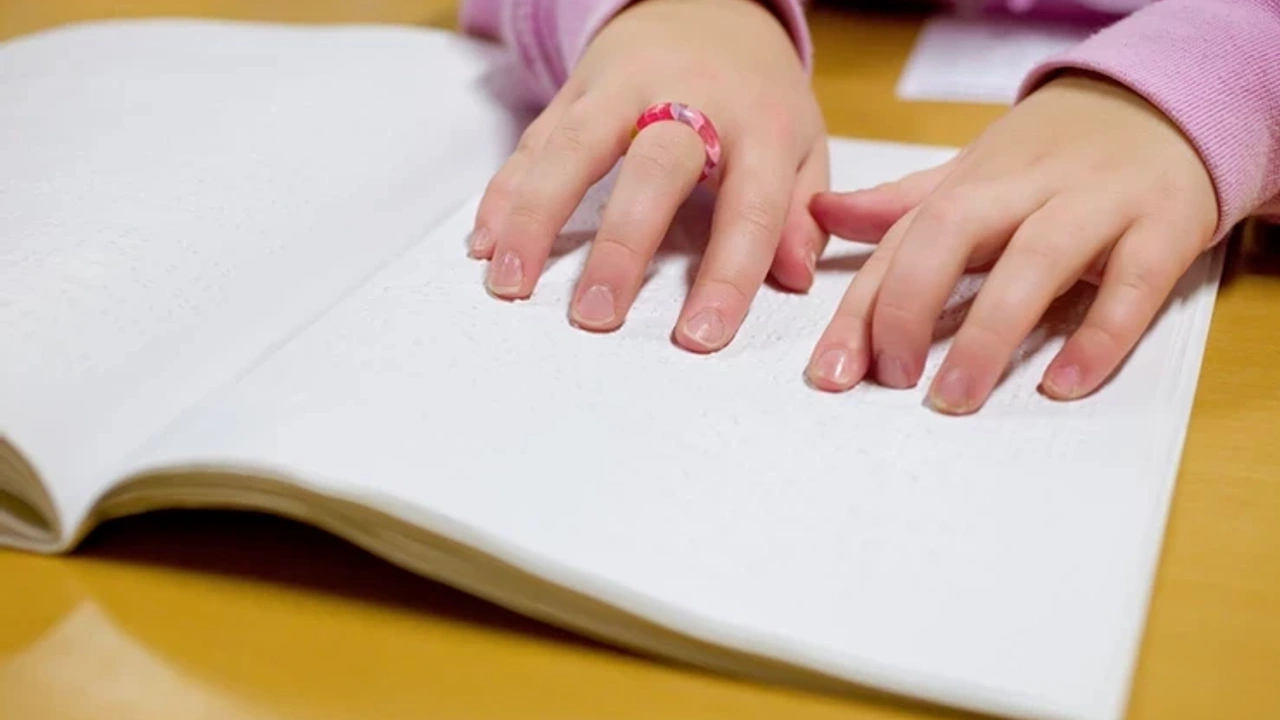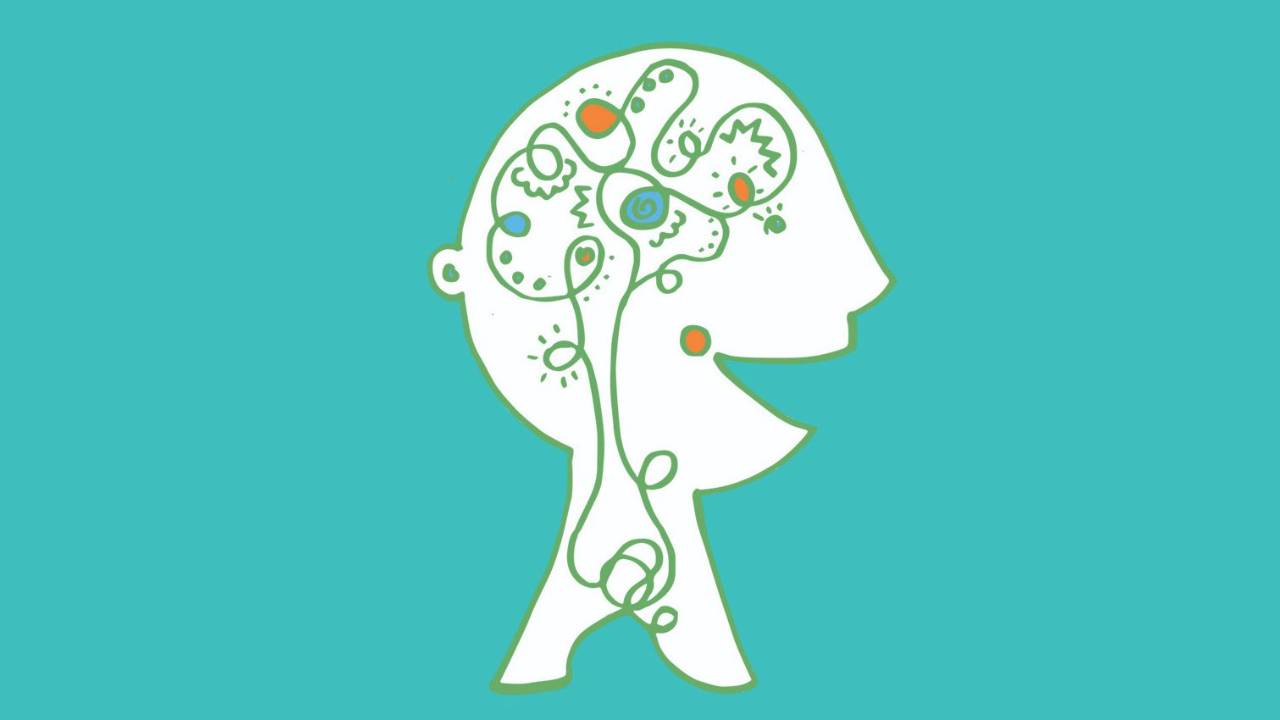Addressing Weaknesses in Working Memory
Feb 15, 2018
Previously, we discussed the important role working memory plays in reading, impacting both accuracy and comprehension. The question remains, how to best support the development of reading skills among those students with weaknesses in working memory.


Training Working Memory Is Ineffective
To date, there is no substantial evidence to suggest that discrete skill-building in working memory via "training" programs like CogMed translate to improvements in linguistic tasks. In fact, existing research has shown that despite short-term gains, improvements typically do not transfer to standardized measures of achievement (Chacko et al., 2014), and diminish over time (Melby-Lervag & Hulme, 2013).
Therefore, support must come in the form of interventions that contain the characteristics essential for effective learning despite working memory deficits.
1. Visual Aids: Instruction that pairs visual and oral information together provides students with an additional cue to remember factual information. Many aspects of foundational reading skills rely on learning decontextualized knowledge. For example, pairing up letters and their corresponding sounds is quite natural for adults, but its a fairly arbitrary process for children. One example of a curriculum that integrates many visual aids into its phonics program is Lively Letters.
2. Kinesthetic Techniques: The multi-sensory, kinesthetic techniques such as the articulation exercises that support students' understanding of sound production in the phonological program LiPS, and the hand gestures that support writing in the program Framing Your Thoughts, offer another layer of support to students who struggle to recall linguistic strategies for reading and writing.
3. Mnemonic Devices: A quick story or rhyme can support memory of rules or spelling patterns. Everyone remembers the spelling generalization for i/e - I before E except after C, unless pronounced /A/ in 'neighbor' or 'weigh'. The program Sight Words You Can See, pairs visual cues with mnemonic devices to help support the fast recognition of commonly occurring words that should be recognized by "sight".
Stay connected with news and updates!
Join our mailing list to receive the latest news and updates from our team.
Don't worry, your information will not be shared.
We hate SPAM. We will never sell your information, for any reason.

